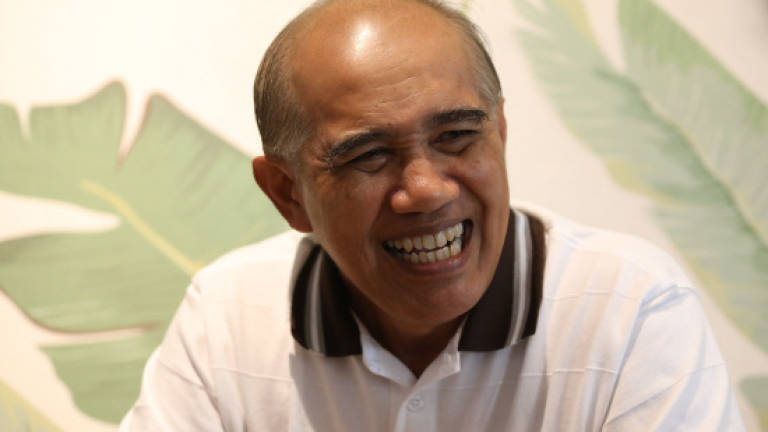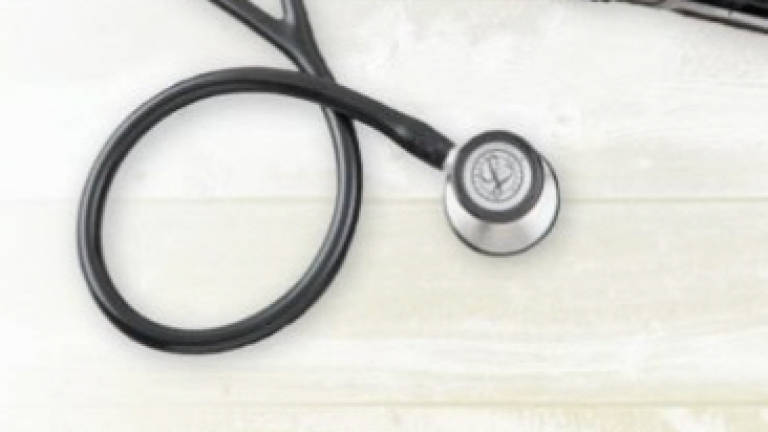A doctor at home


Dr Faizul Mansoor spent 31 years of his life working in Sarawak (mostly in Miri and its surrounding communities, as well as a couple of years in Sibu and Kucing).
After retiring from the public health service in Sarawak in 2014, the former Miri divisional health officer sat down to chronicle his experiences as a young doctor who was first stationed in the then-laidback coastal town in 1983.
It took the 64-year-old retiree two years to complete A Community Doctor in Miri. In it, he talks about the people he came into contact with, and the conditions he had to work in.
He also reminisces on the transformation of Miri from a small town into a city, and of events that took place in the rural areas where many of his patients came from, and who had to travel great distances to get medical help.
Launched on June 9 in Miri, where Faizul has made his home, the 318-page book is filled with photographs from his personal collection.
The photographs represent a 'pictorial' journal of his life, and were taken with his Pantex camera which appeared on the cover of his book.
Besides the photographs, Faizul also used as reference his service record ("We had service records from the day we came in, to the day we retired ...") as well as notes and write-ups to the ministry he had kept on his computer.
Faizul was born in Kuala Krai, Kelantan, but his family settled in Kuala Lumpur when he was 15.
He completed his housemanship at the University Hospital Kuala Lumpur, after which he was asked to give a choice of three states he would like to be posted as a medical officer (MO). Faizul selected Kelantan and Pahang as his first two picks.
"Sarawak was my third choice, and they [Health Ministry] gave it to me without looking at first or second choice," said Faizul in an interview when he was in Kuala Lumpur recently.
Back then, and even now, many in public service dreaded being posted to Sabah and Sarawak, as the likelihood was high they would end up working in remote rural areas with very little modern facilities.
But Faizul was fine with it. "I had classmates from Sarawak when I was at Universiti Malaya.
"They looked okay to me. They did not live on trees or anything like that. One of them also came from Miri."
In addition, the then-29-year-old Faizul was unmarried, and had no family obligations.
When he was asked to fly to Kuching, he was initially happy, as it would be easy for him to travel back to KL for visits.
However, upon landing in the Sarawak capital, he was shocked to be told that he was actually being posted to Miri.
Though initially reluctant to head there, Faizul served at the Miri Hospital until he retired, making many friends there and raising four children in the city with his wife.
"After living in Miri for 31 years, I felt it was time to tell the public what was happening from the public health point of view," he said.
In his book, he paid homage to the medical personnel who work tirelessly under daunting conditions to bring the best medical care to patients in that area, as well as the local boatman who ferry patients and medical personnel through the sometimes treacherous river.
He also called attention to the various medical issues faced by the people there.
"Initially I wrote the book for myself," Faizul said. "Then I thought I had to leave something behind.
"There was no plan. I did not know what I wanted to write initially but I knew I wanted to write something on public health. [At first]
I was writing from experience and then I decided to organise it accordingly."
Aside from being a record of Faizul's personal journey, it is also his way of demonstrating there is plenty of room for improvement where health care is concerned for people living in rural areas.
The book is available at all major bookstores.